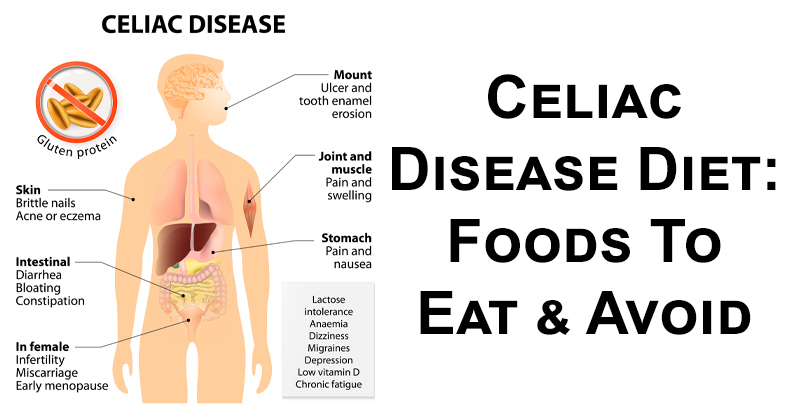If you have celiac disease, then you know it can be tough to navigate. In fact, celiac disease causes more than 200 symptoms, but with a proper celiac disease diet, many symptoms stay manageable or disappear. These symptoms may occur in the digestive system or other parts of the body. Specifically, celiac disease can cause severe abdominal pain, fatigue, and weight loss. Furthermore, celiac disease causes, in some cases, delayed development.ost But where does it come from? Who suffers from this autoimmune condition?
Well, exact celiac diseases causes are unknown, however genetics may play a role. (1) Celiac disease (CD) causes may also be rooted in infant feeding practices. (2) Some people may see celiac disease symptoms as a child, others as an adult. Some people have no CD symptoms but still have the disease. However, whether or not they display any celiac disease symptoms, all people with celiac disease are at risk for long-term complications.
Fortunately, celiac disease treatment starts with changing what you’re eating. By maintaining a strict celiac disease diet, major symptoms and complications can be avoided. Mainly, a celiac disease diet consists of avoiding foods with gluten. CD treatment methods may include steroids, too. (3) Additionally, there are natural celiac disease treatment methods available. While there is no cure for celiac disease, a celiac disease treatment starts with following a celiac disease diet.
Here are some of the healthiest gluten-free foods: (4)
1. Fruits and Vegetables – Raw Food Diet
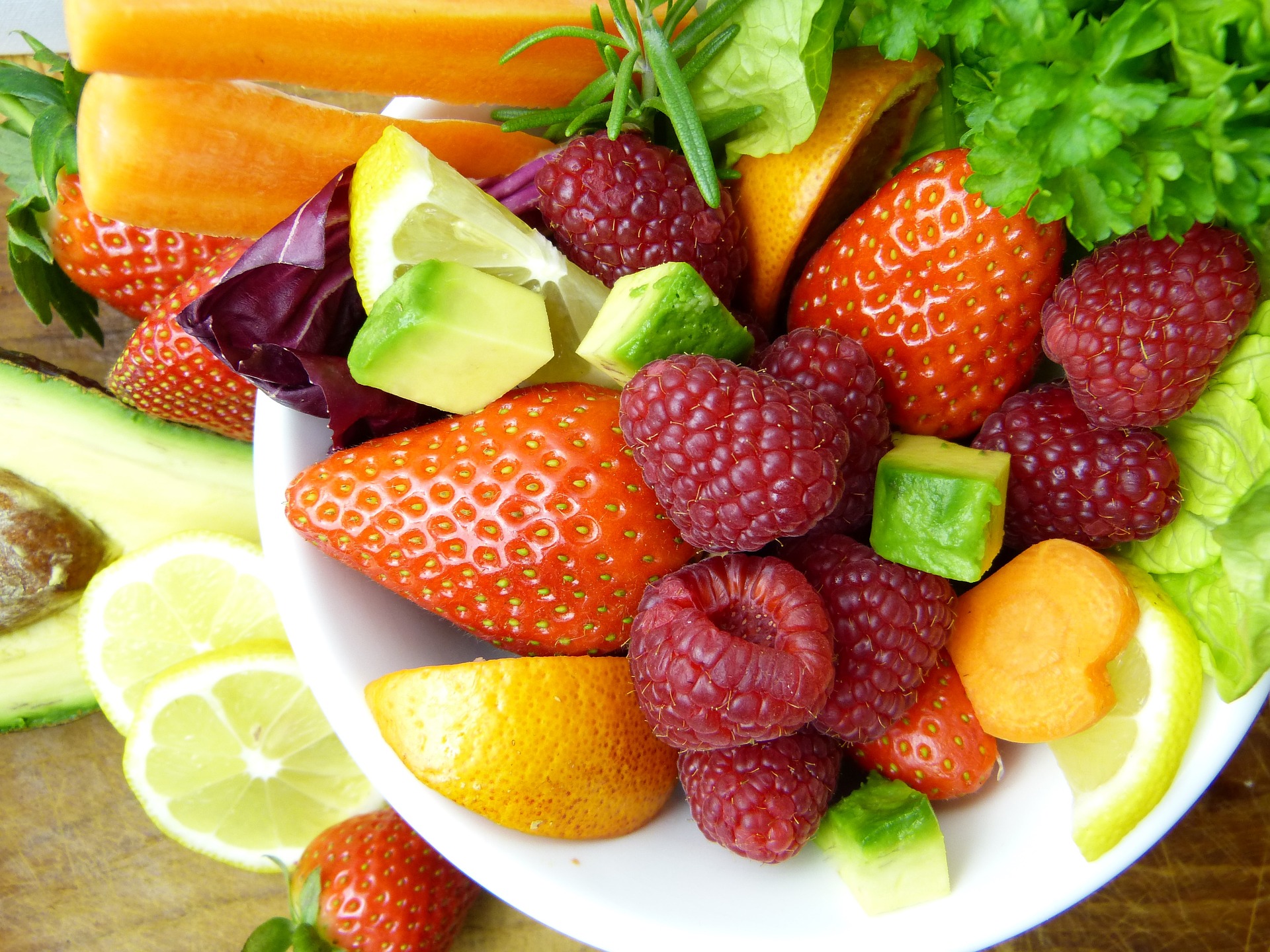
Fruits and vegetables not only are an important part of any healthy diet, they are naturally gluten-free. They provide valuable essential nutrients, fiber and antioxidants. Furthermore, eating them will help raise immune function.
2. Healthy Fats
Try avocado, virgin coconut, grape seed, virgin olive, flaxseed, avocado, hemp and pumpkin oils.
3. Nuts and Seeds
These are also good sources of healthy fats. Furthermore, they’re high in fiber, omega-3 fats and minerals. Try almonds, walnuts, flaxseeds, hemp, chia seeds, pumpkin, sesame and sunflower seeds.
4. Legumes, Beans and Gluten-Free Whole Grains
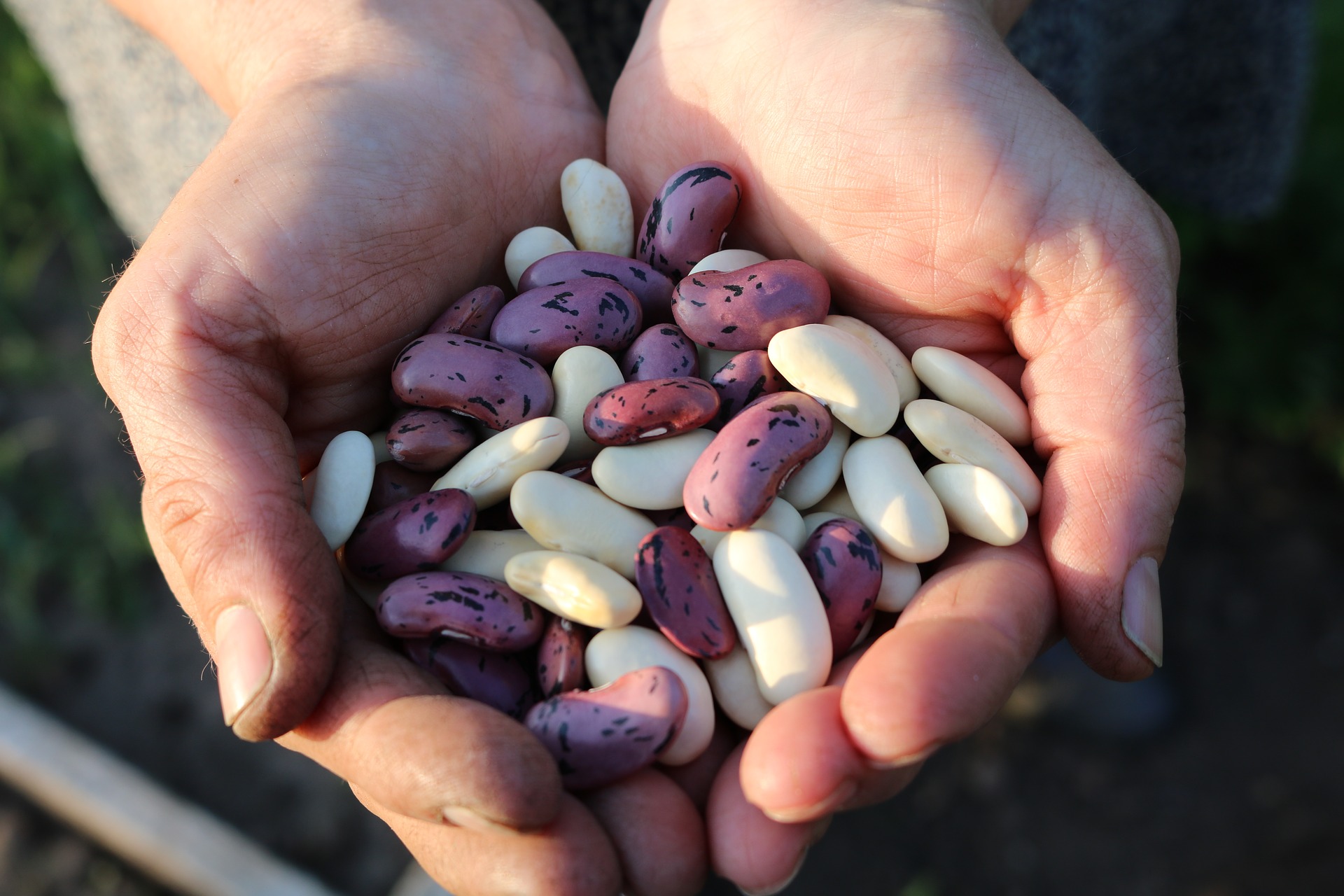
These include all beans, wild or brown rice, gluten-free oats, buckwheat, quinoa, teff and amaranth. Generally speaking, it’s best to properly prepare beans and grains by soaking, sprouting and fermenting them. Sprouting them helps improve nutrient intake. Additionally, it reduces the presence of antinutrients that can cause digestive issues. Sprouting also makes proteins more digestible. (5)
5. Gluten-Free Flours
These include baking flours. You’ll want to check out brown rice flour, potato or corn meal, or quinoa flour. You might also like almond flour, coconut flour, chickpea flour, tapioca flour/starch, cassava and other gluten-free blends. In particular, make sure the product you purchase is certified as gluten-free. It should state so on the label.
6. Gluten-Free Alcohol
If you want to consume alcohol, go for something that does not have gluten in it. Most, but not all wines and hard liquors are good options. (6)
7. Other Gluten-Free Condiments, Spices and Herbs
This includes real sea salt, cocoa, and apple cider vinegar. It also includes fresh herbs and spices, however, make sure they are labeled as gluten-free. You can also try raw honey and organic stevia. (7)
Foods to Avoid If You Have Celiac Disease Include:
1. All Products Containing Wheat, Barley, Rye
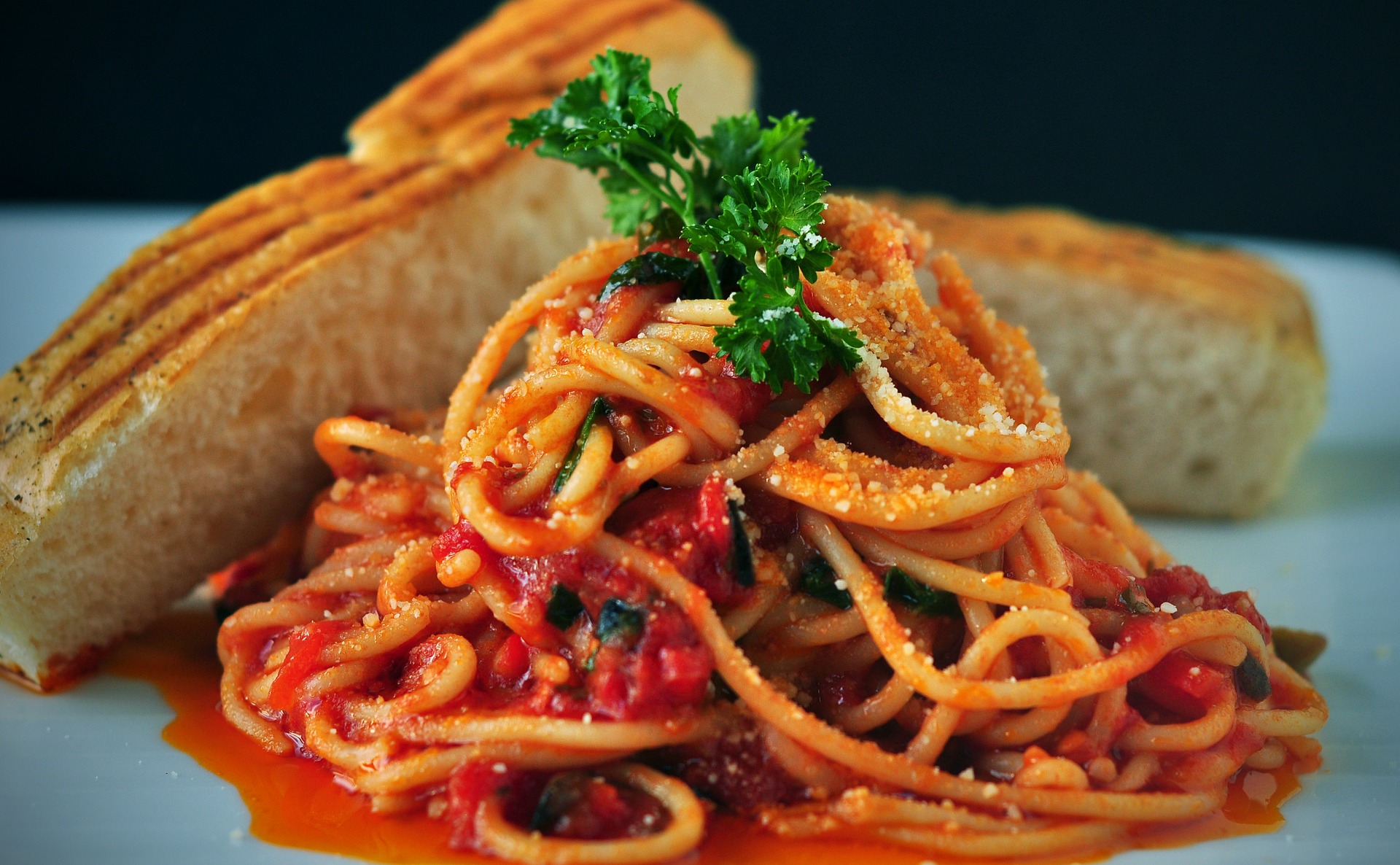
Read labels carefully! Look for any type of wheat, couscous, spelt, semolina, rye, barley and even oats.
2. Processed Carbohydrate Foods
These are often made with refined wheat flour. For example, be wary of cookies, cakes, cereals, pie crusts, and so on. However, even those that aren’t mostly wheat-based can have gluten. This is due to cross-contamination during manufacturing. (8) See a more detailed list below of what processed foods to avoid.
3. Most Baking Flours
Wheat-based baking flours and products include a wealth of gluten. They all contain bran, bromated flour, durum flour, enriched flour, farina, phosphate flour, plain flour, self-rising flour and white flour. Remember to read labels carefully.
4. Beer and Malt Alcohol
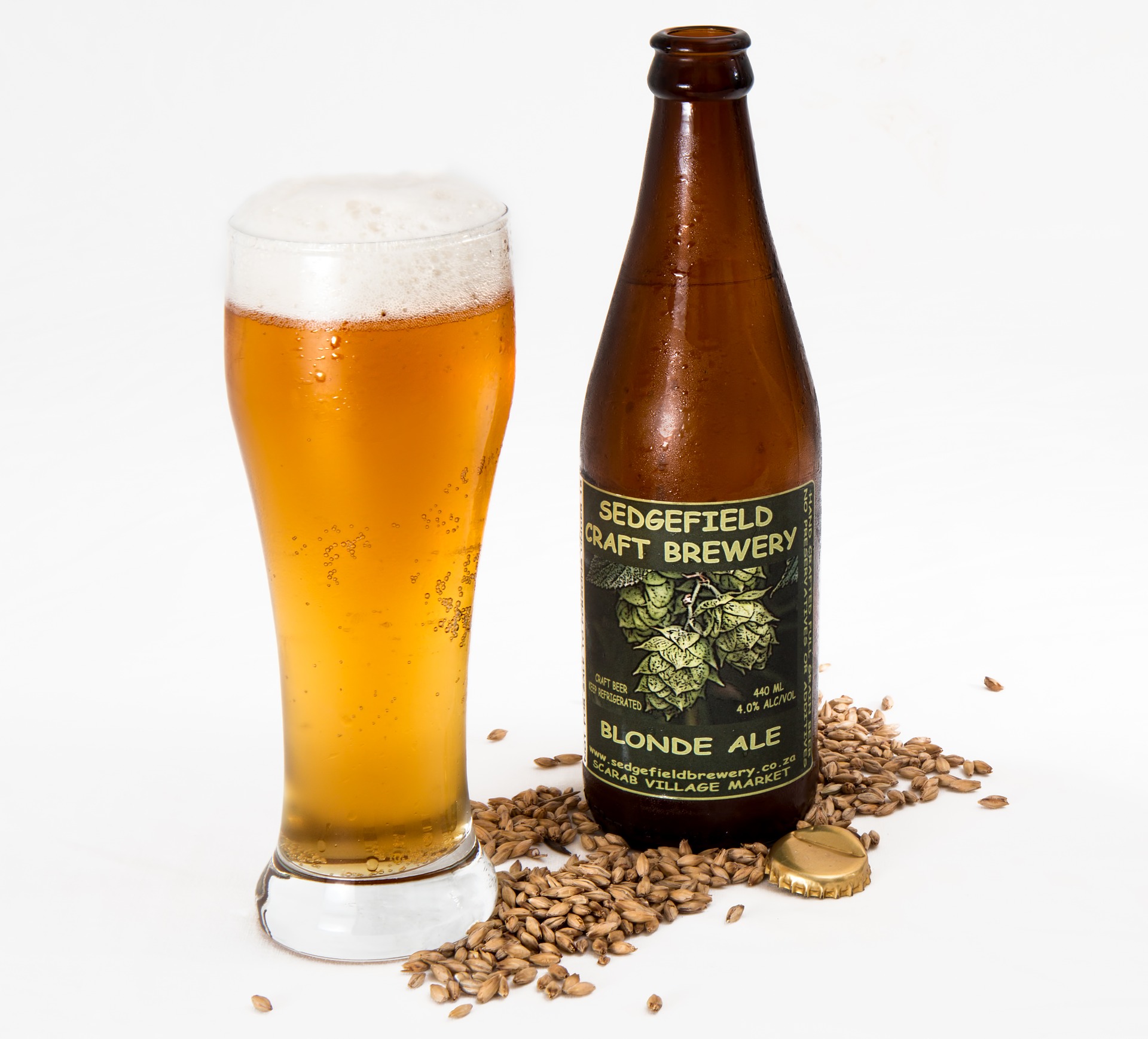
These contain barley or wheat. If you have celiac disease, you should most assuredly avoid them.
5. In Some Cases, Even Gluten-Free Grains
You really want to be wary of items that claim to be gluten-free. Due to cross-contamination during manufacturing, gluten-free grains can sometimes still contain trace amounts of gluten. Be careful as “wheat-free” does not mean the same thing as “gluten-free.” You see, while wheat contains gluten, not all gluten comes from wheat. And try to avoid processed products that are labeled “gluten-free.” This is because they’re very low in nutrients and usually high in artificial ingredients to make up for lost flavor and texture. (9)
6. Bottled Condiments and Sauces
Again, you must read labels with great care. Some products can contain small traces of gluten. Watch out for soy sauce, salad dressings or marinades, malts, syrups, dextrin and starch. (10)
7. Processed Fats
This means hydrogenated and partially hydrogenated oils, and trans fats. Also avoid refined vegetable oils, such as corn, soybean, and canola. These products raise inflammation. (11)
8. Added Sugars
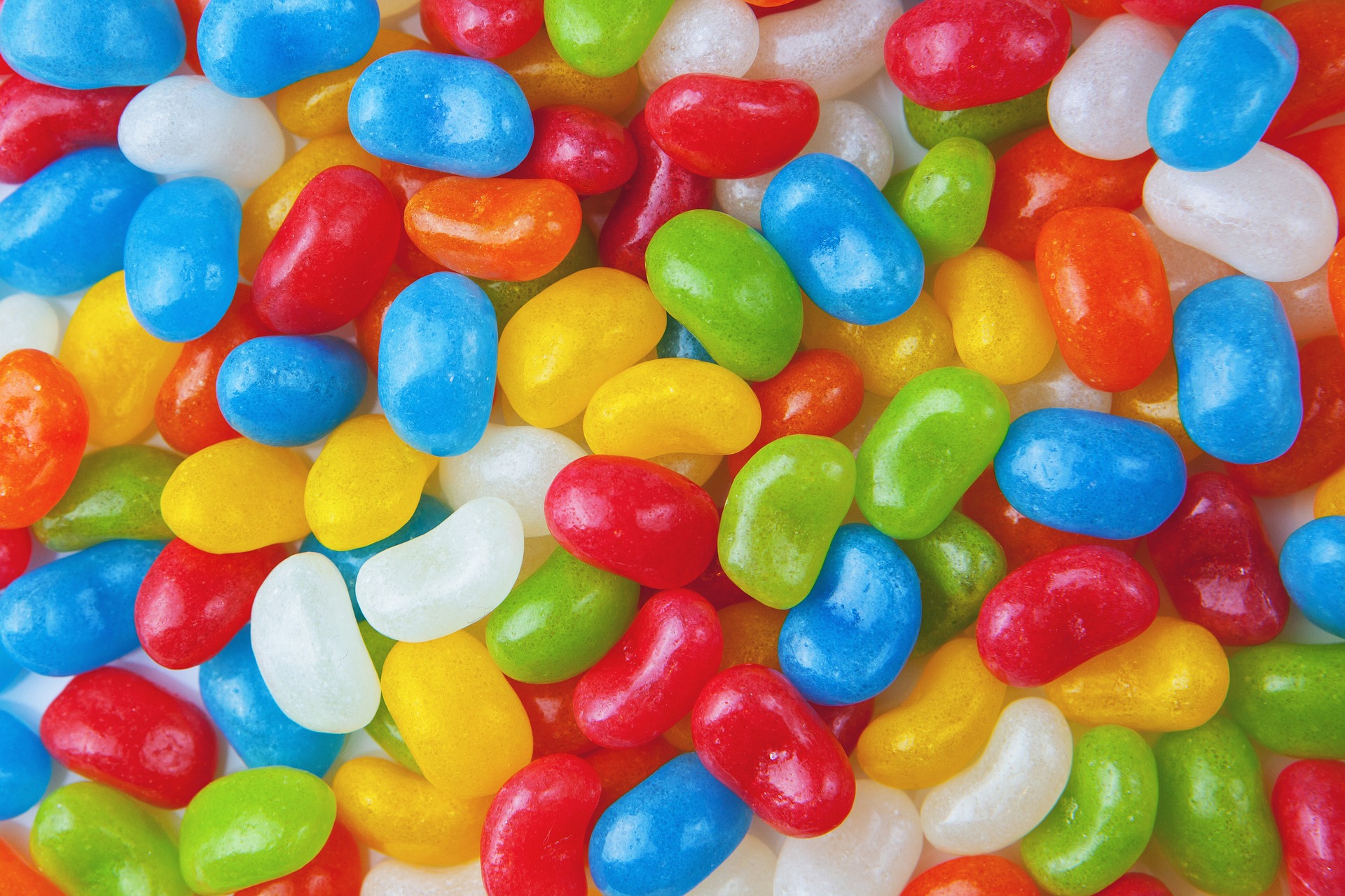
Not only do they add empty calories to your diet, they can worsen inflammation and deplete the body of nutrients. (12)
Here is a more detailed list of what processed foods to avoid: (13)
- Artificial coffee creamer
- Malt (in the form of malt extract, malt syrup, malt flavoring and malt vinegar. They are indicative of barley.)
- Pasta sauces
- Soy sauce
- Bouillion cubes or prepared gravy
- Frozen french fries
- Salad dressing
- Brown rice syrup
- Seitan and other meat alternatives
- Frozen veggie burgers
- Candy
- Imitation seafood
- Prepared meats or cold cuts (like hot dogs)
- Chewing gum
- Certain ground spices
- Potato or grain chips
- Kamut
- Certain veined cheeses
- Ketchup and tomato sauces
- Mustard
- Mayonnaise
- Vegetable cooking spray
- Prepared fish sticks
- Matzo
- Flavored instant coffee
- Prepared rice mixes
- Flavored teas


